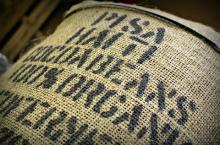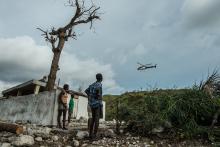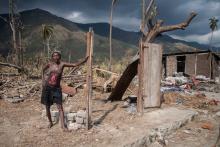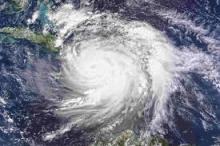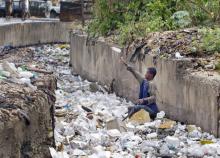Haitian Cacao: A Potentially Sweet Export
When thinking of Haitian exports, mangos, coffee, and rum may come to mind. However, Haiti was once and could be yet again a significant producer of cacao – the raw form of cocoa that is roasted and converted into chocolate. Expanding cacao production would mean livelihoods for farmers in rural Haiti while potentially complementing reforestation efforts. This is, all in all, a sweet deal.



